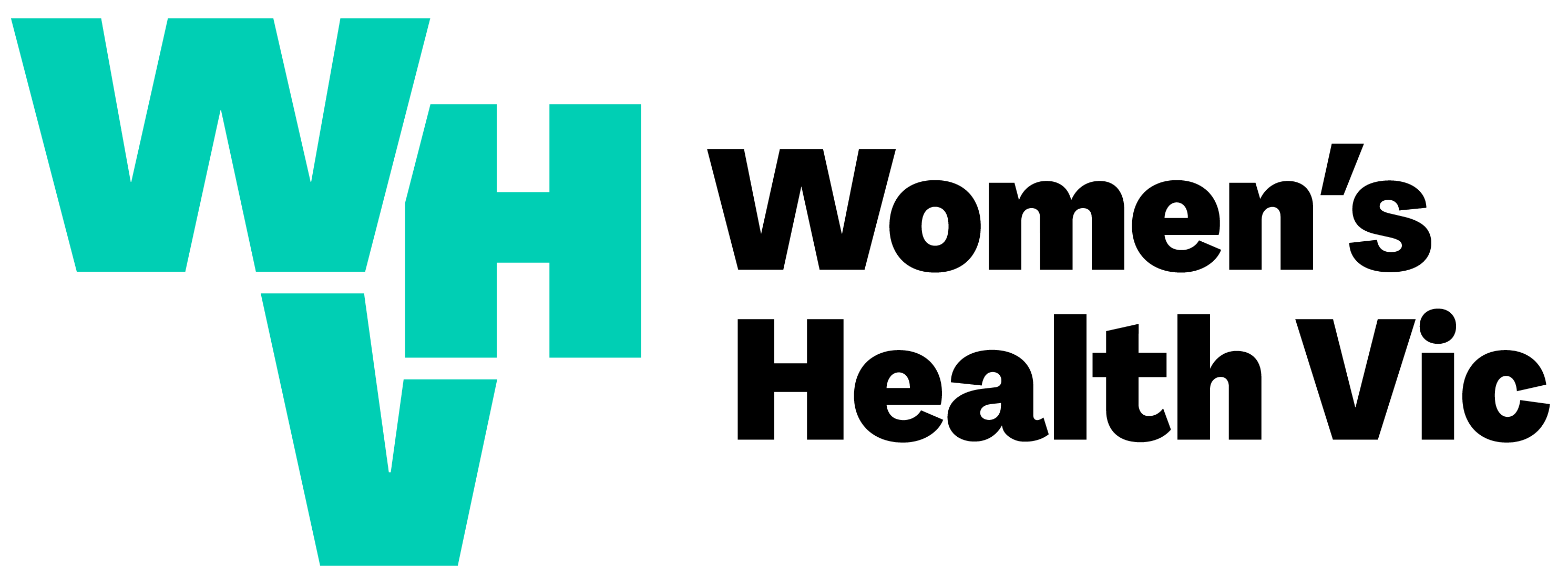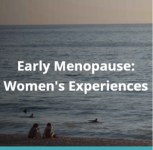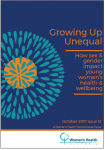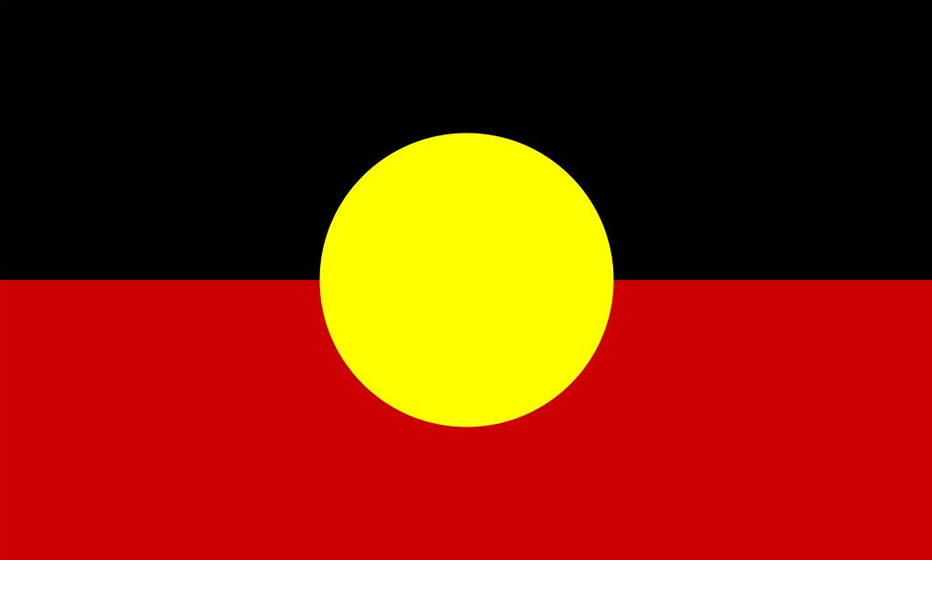Early menopause can occur either spontaneously (often without a known cause) or as a result of medical treatment, particularly for cancers. Held on 19 October, this webinar was an opportunity to hear from clinicians with expertise in early menopause to talk about the social impact and also hear first-hand from a woman about the lived experience aspects of early menopause.
This Spotlight features a list of up-to-date and freely available research and resources on the topic of older women's health and wellbeing.
The aim of this paper is to look at young women's health and wellbeing between the ages of 10 and 20. We examine young women's experience of six interrelated priority health areas: physical health, sexual and reproductive health, body image, relationships, mental health and social inclusion.
This fact sheet summarises the key points relating to young women and physical health, sexual and reproductive health, body images, relationships, mental health and social inclusion.
This Connector contains a selection of freely available resources focusing on young women's health.
This Clearinghouse Connector contains a selection of up-to-date resources on the objectification of women that are available online in full text. The information content is drawn from research, statistics, government policy, prevailing social conditions affecting women’s health status, and clinical and therapeutic management of health matters.
